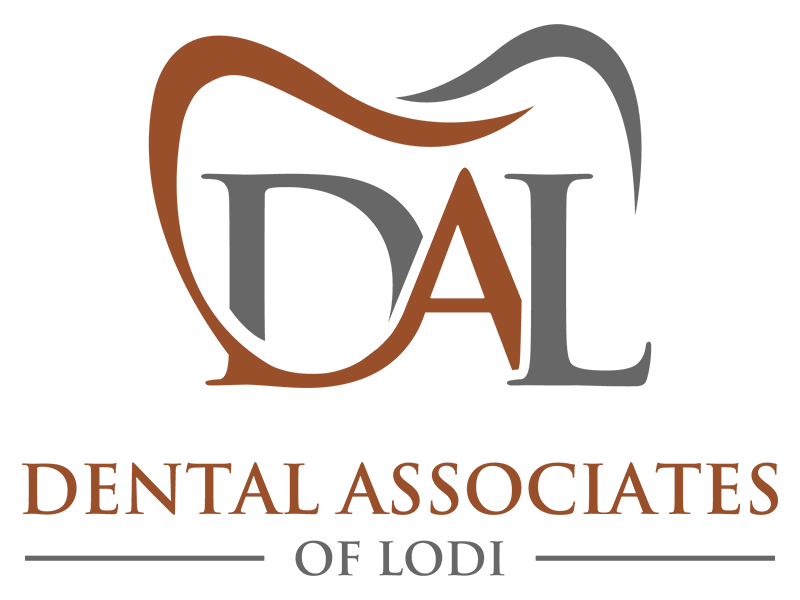Sleep apnea is one of the most common sleep disorders. Patients who have sleep apnea may not get quality sleep at night, resulting in a variety of difficulties and health issues. The good news is that sleep apnea can be treated, and there are a variety of options. Learn about the comprehensive approaches for managing sleep apnea.
What is Sleep Apnea?
Sleep apnea is a disorder that is characterized by loud snoring and obstructed breathing while sleeping. When you lay down to sleep, especially when on your back, your tongue slides back toward your throat and the soft tissues of your throat relax. This can cause partial and complete blockage to your airway. Partial blockage results in snoring and full blockage causes you to stop breathing. When your mind registers the lack of oxygen it rouses you from sleep so that you can change positions and resume breathing. This can happen as much as 30 times or more an hour and the constant interruptions to your natural sleep cycles can prevent you from achieving a deep, restorative sleep.
Signs and Symptoms of Sleep Apnea
The following signs and symptoms often indicate sleep apnea:
- Loud snoring
- Pauses in breathing when sleeping
- Waking up gasping for air
- Dry or sore throat
- Headaches
- Lack of energy
- Dozing off during the day
- Difficulty with focus
Health Implications of Sleep Apnea
Sleep apnea is tied to a variety of serious health conditions including heart disease, high blood pressure, stroke, and diabetes. You are also at a higher risk of vehicular accidents from lack of focus or falling asleep at the wheel.
Treatment for Sleep Apnea
Sleep apnea can be treated in a variety of ways:
- CPAP. Standing for Continuous Positive Airway Pressure, a CPAP machine delivers a constant flow of air through a mask worn over the mouth and/or nose that keeps the airway open while you sleep. A CPAP can be prescribed by your physician or a sleep specialist.
- Oral appliance therapy. An oral appliance, like a mouthguard, can be worn while you sleep that positions your jaw to prevent your tongue from sliding back toward your throat. This can be provided by your dentist.
- Orthodontic treatment. In some cases orthodontic treatment can cure sleep apnea by changing the position of the teeth and the shape of your jaw so that your tongue can rest comfortably at the roof of your mouth while you sleep.
- Jaw surgery. Surgery to reposition or reshape your jaw can sometimes cure sleep apnea.
- Throat surgery. Excess tissue can be removed from the throat to promote better breathing. Laser therapy can firm the throat tissues to prevent them from collapsing.
Frequently Asked Questions About Sleep Apnea
Who can diagnose and treat sleep apnea?
Sleep apnea can be diagnosed and treated by physicians, sleep specialists, and dentists. Patients often prefer to see their dentist about their sleep apnea symptoms because oral appliance therapy is a compact, comfortable, and effective treatment.
Can sleep apnea be cured or just treated?
Orthodontic treatment and surgical options may permanently cure sleep apnea. However, they are more invasive and take longer to achieve results. Oral appliance therapy works immediately and can be used long term to manage sleep apnea.
Schedule a Sleep Consultation Today
If you think you may have sleep apnea, schedule a consultation with Dental Associates of Lodi. We can discuss your symptoms and evaluate your oral health to determine whether or not oral appliance therapy or other treatments may improve your overall health and wellness.
Call 862-247-8030 or contact us today to learn more and schedule an appointment.


